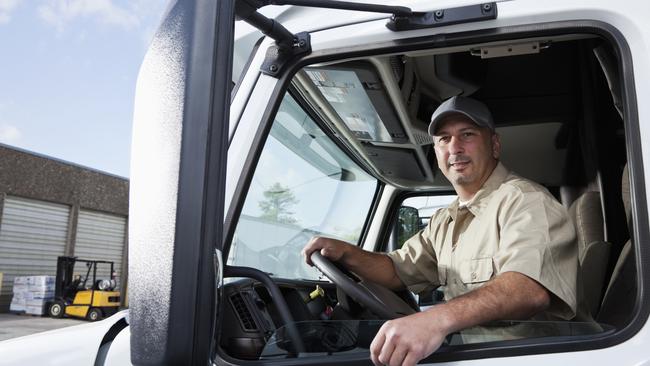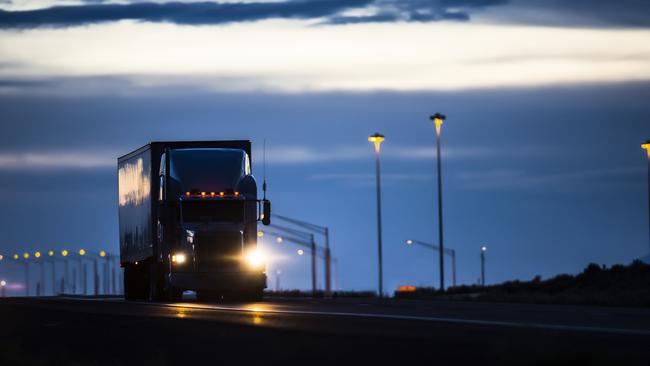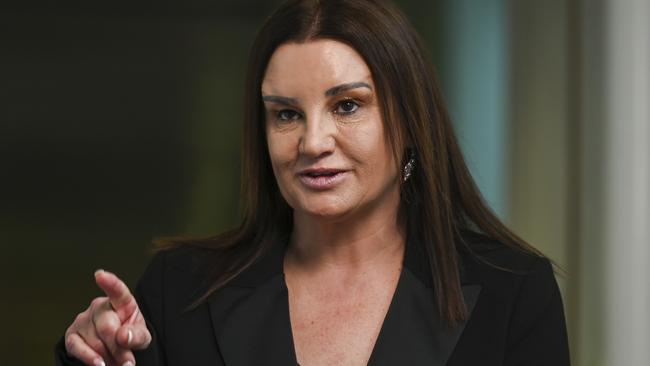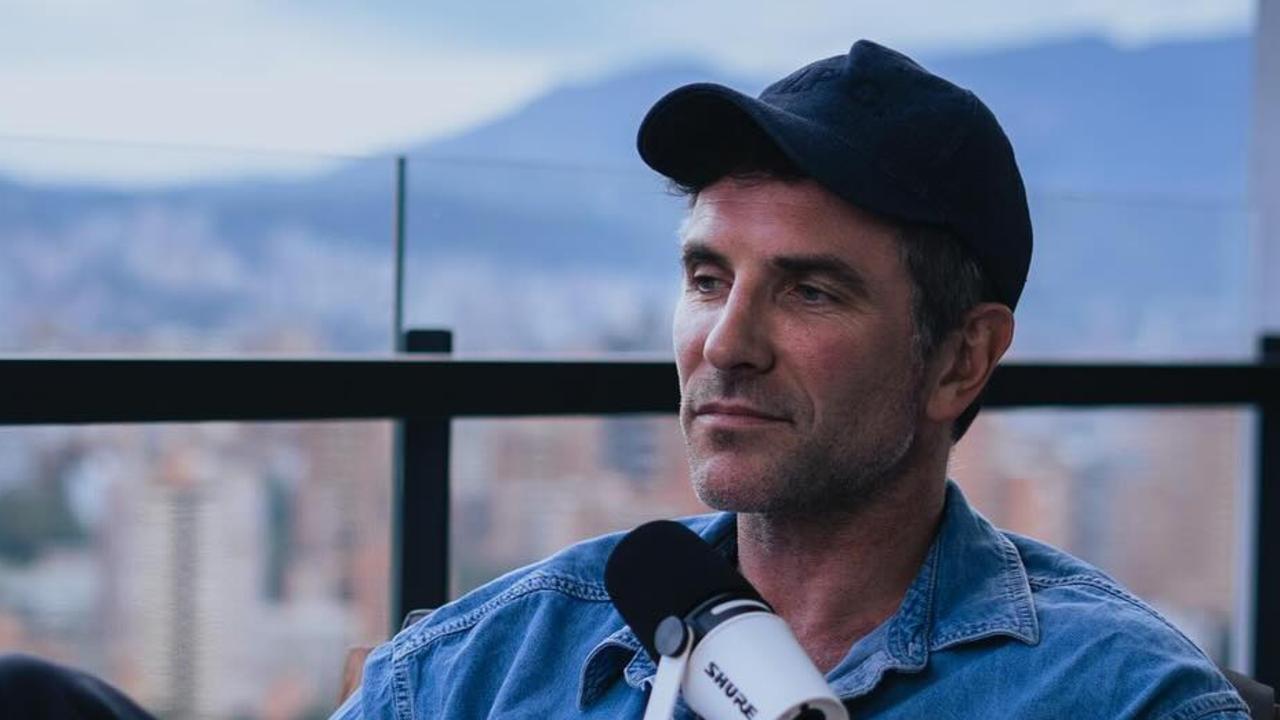
Around 2016 in its first incarnation the tribunal threatened to ruin 35,000 people, mostly men, who drove their own long-haul trucks.
They had borrowed around $15bn from Australian banks and other financiers to fund their vehicles. Most of the loans were also secured on the family home.
The tribunal set about destroying them including making it necessary to sell the family home to pay bank debts.
Fast forward to 2023 and there are now around 50,000 long-haul truck owners who will owe twice the 2016 amount on their trucks, again secured on family homes.
As I describe below, thanks to the courageous effort of the Senate independents in 2016 the 35,000 truck owners were saved. But not before five took their own lives after being subjected to the tribunal brutality.
Now in 2023, a revamped Road Safety Remuneration Tribunal has even wider powers and once again it will take courageous action by the independents in the Senate to protect current truck owners homes and livelihoods plus the total Australian community from the higher transport costs that will be part of the tribunal’s agenda.

My 2016 commentaries and those of Katrina Grace Kelly (she was then called Grace Collier) exposed the appalling acts of the tribunal and, with others, we played a role in having it abolished thus limiting the impacts of its destructive acts which not only would have exploded truck owner bankruptcies (and suicides) but would have boosted Australian transport costs by 30-40 per cent.
We don’t know how a 2023 Road Safety Remuneration Tribunal will act but given it is set to have even wider powers and carries the same name as the previous tribunal, its highly likely that we can expect either a repeat of its 2016 actions or different actions that have the same impact.
To understand how the tribunal persecuted truckies in 2016 I need describe the structure of parts of the long-haul road transport industry.
Owner drivers contract for major transport operators but they also work on their own and for a multitude of smaller transport companies. This mixture has given Australia one of the most efficient and safe road transport networks in the world and has helped make our mining and agriculture industries world leaders.
But the Transport Workers Union was unhappy in 2016 (and remains unhappy in 2023) because too many owner drivers are not members of the union.
It was alleged that some owner drivers were taking drugs and driving their vehicles for long periods without a break.
And so, in around 2012 the Gillard government set up the Road Transport Remuneration Tribunal. It took a few years for the administrative structures to be put in place and for the “right” people to be selected to run the system.
Meanwhile new technologies and systems had been developed to make sure people were not driving for too long and were not taking substances.
The 2016 tribunal was totally unnecessary for that function.
Its aim was to gain TWU members and boost the margins of the large trucking operators – it was planning a union-employer anti-competitive cartel.
Rather than embrace technologies, the tribunal decided the best way to “stop” owner drivers from driving too long and taking drugs was to make them charge more for their services.
But no such charging instructions were given to companies using TWU employees enabling the majors, with their TWU employees, to undercut the owner drivers and put them out of business.
Katrina Grace Kelly explained how “farmer Keith” was paying $175 for an owner driver to pick up a few head of cattle.
After April 4, 2016 that owner driver was legally forced to charge $784 to pick up the cattle – more than four times the original “fair” price.
And if owner drivers and non TWU members did not charge $784 they could be prosecuted by the Fair Work ombudsman and be fined up to $54,000.
But if the farmer hired a company using TWU member drivers then that transport operator had no such price restrictions and could charge the old “fair” price of $175 but was more likely to charge twice that level at $350 which was still less than half the tribunal required rate for non TWU owner drivers.

It was absolutely outrageous and was clearly aimed to force the owner drivers out of business or at least make them part of the TWU.
And of course the above 2016 plan was set to be replicated around the nation, meaning skyrocketing transport costs in agriculture, mining and manufacturing throughout most of the land.
Naturally, in 2023 there are lots of assurances and mutterings that such actions will never be repeated by the new version of the tribunal.
But a version, albeit different, will happen again. That’s why the tribunal as been set up.
In 2016 the truckies realised that if thousands of truckies were sent to the wall by the tribunal’s actions, the market for trucks would slump forcing them to sell family homes.
But luck saved them.
The Coalition came to power and Malcolm Turnbull was PM.
Urgent legislation passed the Lower House to abolish the tribunal but it required support of the independents in the Senate.
The nation (and the truckies) are indebted to the 2016 independents (alphabetical order): Bob Day, Jacqui Lambie, Glenn Lazarus, David Leyonhjelm, John Madigan, Dio Wang, and Nick Xenophon. They saved many lives and enhanced Australia.
Now it is set to happen all over again.
At this stage very few truckies realise the Albanese government is setting them up for slaughter.
Once again the nation (and the truckies) will depend on a new group independents for help and we need to hope that, like their predecessors, they will not let Australia down.
Jacqui Lambie was part of the 2016 greats so knows what is at stake.
The other 2023-24 potential heroes are Ralph Babet, Pauline Hanson, David Pocock, Malcolm Roberts, Lidia Thorpe, and Tammy Tyrell.
They have vastly different views on many issues but as in 2016 independents can be united in the national interest.




One of the most feared anti-small business bodies ever conceived in Australia, the infamous so called Road Safety Remuneration Tribunal is being brought back to life in the ALP’s proposed new industrial relations legislation.